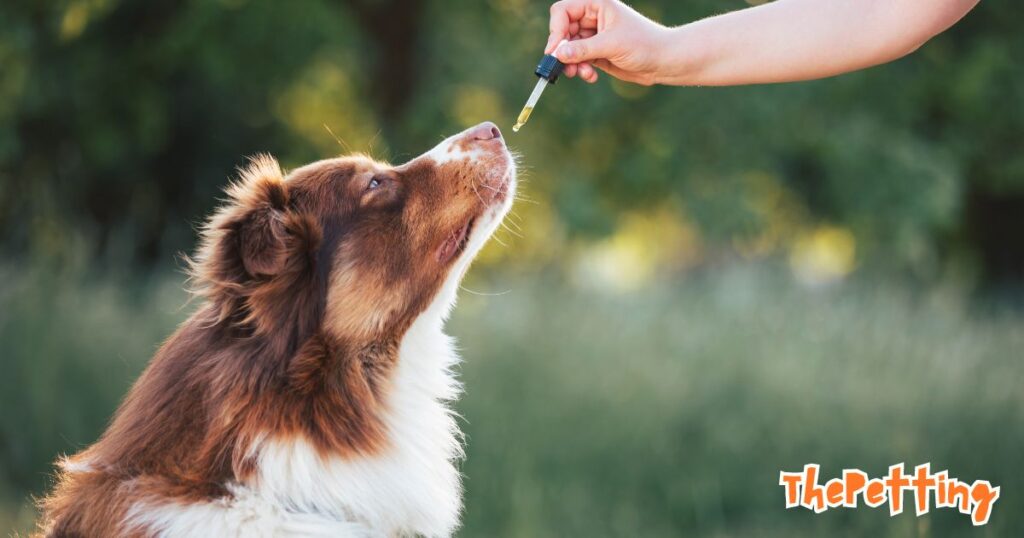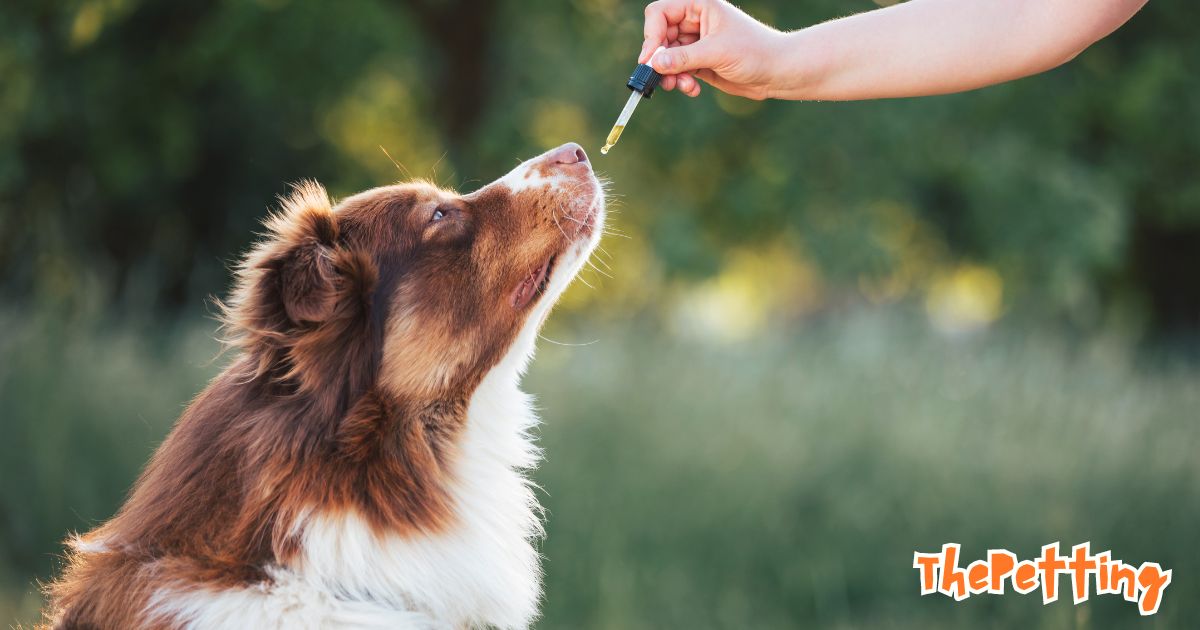
Peppermint oil is a popular essential oil known for its refreshing aroma and potential health benefits. Is Peppermint Oil Safe for Dogs? When it comes to our canine companions, we must exercise caution. While peppermint oil can offer certain benefits for dogs, it can also pose risks if used improperly. Thinking about using peppermint oil for your dog? It’s essential to know how this popular essential oil could impact your pet’s health. While peppermint oil has various uses and benefits, its safety for dogs is a topic of debate. Understanding both the potential advantages and risks, along with expert recommendations, will help you make informed decisions about using peppermint oil around your furry companion. Discover what you need to know to ensure your pet stays safe and healthy.
Understanding the Appeal of Peppermint Oil
Peppermint oil is derived from the peppermint plant (Mentha piperita) through steam distillation. It contains menthol, a compound responsible for its characteristic minty scent and cooling sensation.
People often use peppermint oil for its purported therapeutic properties, including:
- Relieving Nausea: Peppermint oil is believed to soothe digestive discomfort and alleviate nausea.
- Reducing Inflammation: The menthol in peppermint oil possesses anti-inflammatory properties that may help reduce pain and swelling.
- Repelling Insects: Peppermint oil’s strong aroma is known to repel insects like mosquitoes and fleas.
ALSO READ: Bordetella Vaccine: Protecting Your Dog from Kennel Cough
Potential Benefits of Peppermint Oil for Dogs
When used correctly and in moderation, peppermint oil may offer certain benefits for dogs:
1. Soothing Digestive Issues
Peppermint oil is thought to help with mild digestive problems in dogs, such as:
- Gas: The menthol in peppermint oil may help relax the muscles of the digestive tract, easing gas and bloating.
- Nausea: Diffusing peppermint oil or applying a diluted solution topically may help reduce nausea in dogs.
2. Repelling Fleas and Ticks
Peppermint oil’s strong scent can act as a natural insect repellent. Using a diluted peppermint oil spray on your dog’s fur may help deter fleas and ticks.
Important Note: Always consult your veterinarian before using peppermint oil or any essential oils on your dog, especially if they have pre-existing health conditions or are pregnant or nursing.
Risks and Precautions When Using Peppermint Oil for Dogs
While peppermint oil can offer potential benefits, it’s crucial to be aware of the risks and use it with caution. Is Peppermint Oil Safe for Dogs? Discover the risks & precautions.
1. Toxicity Concerns
Peppermint oil is highly concentrated and can be toxic to dogs if ingested in large amounts. Symptoms of peppermint oil poisoning in dogs can include:
- Vomiting
- Diarrhea
- Lethargy
- Tremors
- Respiratory distress
2. Skin and Respiratory Irritation
Peppermint oil can cause skin irritation in some dogs, especially if applied undiluted. It can also irritate the respiratory tract, particularly in dogs with breathing difficulties like asthma.
3. Interactions with Medications
Peppermint oil may interact with certain medications. If your dog is on any medication, consult your veterinarian before using peppermint oil.
Expert Advice and Guidelines for Safe Use
To ensure the safe use of peppermint oil around your dog, follow these expert-recommended guidelines:
- Consult Your Veterinarian: Before using peppermint oil on or around your dog, consult your veterinarian for personalized advice.
- Use High-Quality Oil: Choose 100% pure, therapeutic-grade peppermint oil from a reputable brand.
- Dilute, Dilute, Dilute: Always dilute peppermint oil before use. A general rule of thumb is to add a few drops of peppermint oil to a carrier oil like coconut oil or almond oil.
- Start with a Small Amount: When introducing peppermint oil to your dog, start with a small amount to assess their tolerance.
- Avoid Contact with Eyes, Nose, and Mouth: Peppermint oil can irritate sensitive areas. Avoid applying it to your dog’s face or any open wounds.
- Monitor for Adverse Reactions: Watch for any signs of adverse reactions, such as vomiting, diarrhea, or skin irritation. If you notice any unusual symptoms, discontinue use and contact your veterinarian immediately.
Conclusion
Is Peppermint Oil Safe for Dogs? Peppermint oil has some benefits, its use around dogs requires careful consideration. The potential risks, including toxicity and irritation, often outweigh the benefits. Always consult your veterinarian before introducing any new oils or treatments into your pet’s routine. Prioritizing your dog’s safety and well-being will help you make the best choices for their health.
FAQs
Is peppermint oil toxic to dogs if ingested?
Yes, peppermint oil can be toxic to dogs if ingested in large amounts. Always store peppermint oil out of reach of your pets.
Can I use peppermint oil to deter fleas on my dog?
A diluted peppermint oil spray may help repel fleas, but it shouldn’t be considered a substitute for veterinarian-recommended flea prevention methods.
What should I do if my dog accidentally ingests peppermint oil?
If your dog ingests a significant amount of peppermint oil, contact your veterinarian or the ASPCA Animal Poison Control Center immediately.
Can I diffuse peppermint oil around my dog?
While diffusing peppermint oil is generally considered safe for dogs in well-ventilated areas, it’s best to err on the side of caution and diffuse it for short periods.
Are there any alternatives to peppermint oil for dogs?
Yes, several other essential oils, such as lavender oil and chamomile oil, are generally considered safe for dogs when used properly. However, always consult your veterinarian before using any essential oils on or around your dog.
For more information on pet safety and essential oils, visit the ASPCA website.








